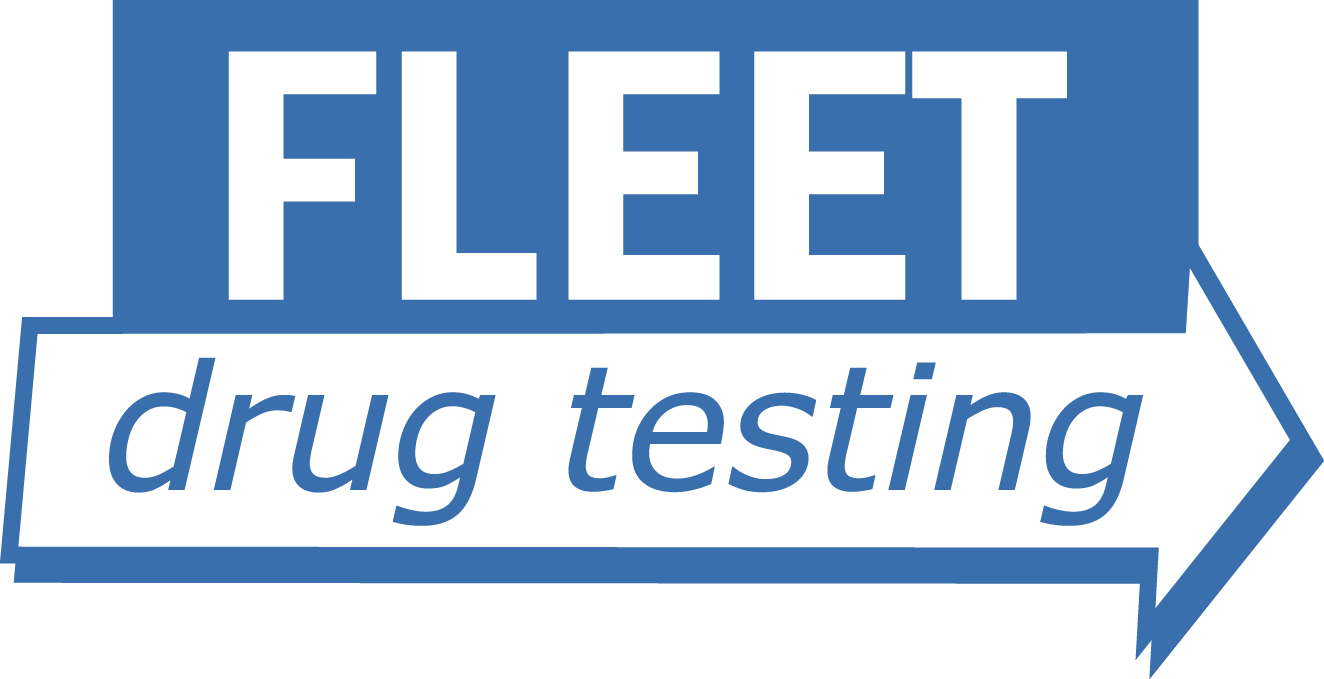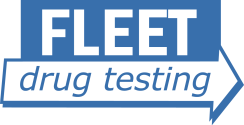Fleet Drug Testing has the solutions you need in Kansas. If you work in the transportation industry, you know how important it is to stay compliant. Part of the compliance you have to live under involves the federal Department of Transportation’s (DOT) drug testing program. We have convenient locations across the state, whether your route takes you through Lawrence, Topeka, Wichita, or anywhere else along Interstate 70 and 135. Contact us today to get started.
What Can Happen If You Fail a DOT Drug Test?
As a truck driver or other worker in the transportation industry, you’re probably pretty aware of the DOT’s drug testing regulations. To that end, you’re probably also aware of the negative consequences for failing a test. As you might expect, failing a DOT drug test can have various outcomes on your career:
- Losing your job or getting suspended – Failing a DOT drug test may result in immediate termination or suspension from a safety-sensitive position, as mandated by DOT regulations.
- Losing your license – Commercial drivers who fail a DOT drug test may face suspension or revocation of their CDL, which is crucial for operating commercial vehicles.
- Treatment program – If you fail a DOT drug test, you might need to complete a substance abuse treatment or rehab program before returning to safety-sensitive duties.
- Being demoted – Failing a DOT drug test can cause you to be demoted from safety-sensitive positions regulated by the DOT, which will impact your chances of getting similar jobs in the future.
- Legal consequences – Failing a DOT drug test could lead to legal issues, like fines or penalties, especially if your drug use violates federal or state laws or played a part in an accident.
- Reputation – A failed DOT drug test can negatively affect your professional record and reputation in the industry.
While the consequences of a positive drug test will certainly be felt, DOT drug testing doesn’t apply to every position within Kansas’ transportation sector. However, if you are subject to these regulations, it’s important to know what to expect.
Who Gets Drug Tested Under DOT Regulations?
Not everyone working in Kansas faces drug testing and stringent regulations, but certain workers in the transportation industry do. This is in line with the Department of Transportation’s (DOT) primary goal of promoting safety on roads, in the air, on railroads, and all other forms of transportation. To fulfill this, the DOT has established a drug testing program specifically for “safety-sensitive” employees.
A safety-sensitive employee is someone whose:
- Job directly impacts the safety of others
As such, DOT regulations apply to:
- Truck drivers
- Bus drivers
- Train conductors and engineers
- Hazardous material handlers
- Pilots
- Air Traffic Controllers
- Operators of heavy machinery
The DOT has set conditions for mandatory drug testing, as per regulations, including:
- Pre-employment testing – Conducted before hiring to confirm new employees are free from drugs and alcohol when starting safety-sensitive roles.
- Post-accident testing – Implemented after work-related accidents or incidents to figure out if drugs or alcohol were contributing factors.
- Random testing – Employees are randomly selected for drug and alcohol testing throughout the year, following DOT-established rates (currently 50% for drug testing and 10% for alcohol testing) to foster a safer work environment.
- Return-to-duty testing – Employees with previous positive tests or DOT violations must undergo testing to demonstrate their cessation of drug or alcohol use and fitness for safety-sensitive duties.
- Follow-up testing – After completing the return-to-duty process, employees undergo ongoing testing as part of their follow-up program, making sure they remain free from drugs and alcohol to uphold safety-sensitive positions.
Process
Not only does DOT regulations spell out when you’ll be tested, but they also have a tightly-regulated procedure for the way the testing process plays out. Here’s what you can expect in terms of procedure:
- Notification – Employees are told about the need for drug testing and what it involves.
- Collection – Trained collectors use proper procedures to get a urine or saliva sample from the employee.
- Split specimen – The collected sample is split into two containers (A and B), sealed in front of the employee, creating two separate samples for testing.
- Sample testing – The sample is sent to an approved lab where tests are done to find any drugs or alcohol.
- Review by a Medical Review Officer (MRO) – The test results go to an MRO, who thoroughly checks them. If needed, the MRO contacts the employee for clarification.
- Reporting – The MRO informs the employer about the test results.
What happens next depends on the results. If it’s positive, the employee may need to stop working in a safety-sensitive role. They might also have to complete a substance abuse treatment program before returning to work.
While it’s stressful, ultimately the DOT drug testing program is in place to keep you safe. Like any regulation or rule, though, there’s both positives and negatives. Increased safety and well-being are a couple of the positives of DOT drug testing.
At the same time, it’s yet another regulation that you have to follow as a safety-sensitive employee to keep your job. This includes actually finding locations to be tested. Our team at Fleet Drug Testing can take care of all of this guesswork for you, allowing you to focus on your business.
DOT Drug Testing Solutions in Kansas
As an experienced and dedicated testing services provider, Fleet Drug Testing places a premium on compliance, equipping your business with the elements it needs for seamless operations. Our team manages all administrative aspects of the DOT drug testing program. With our programs, we aid in cost reduction, allowing you to concentrate on staying on the road.
To learn more about our programs, contact us today.

